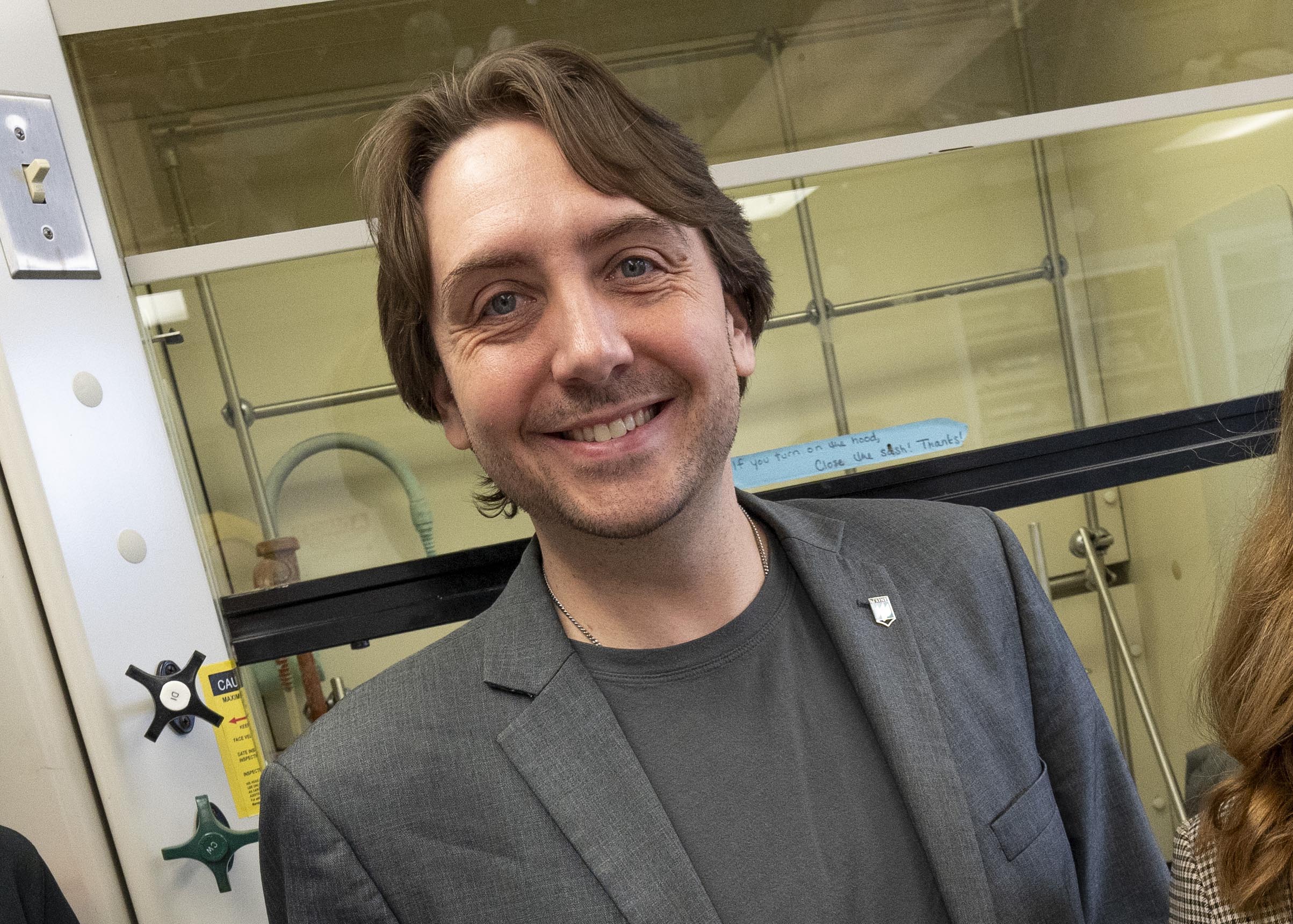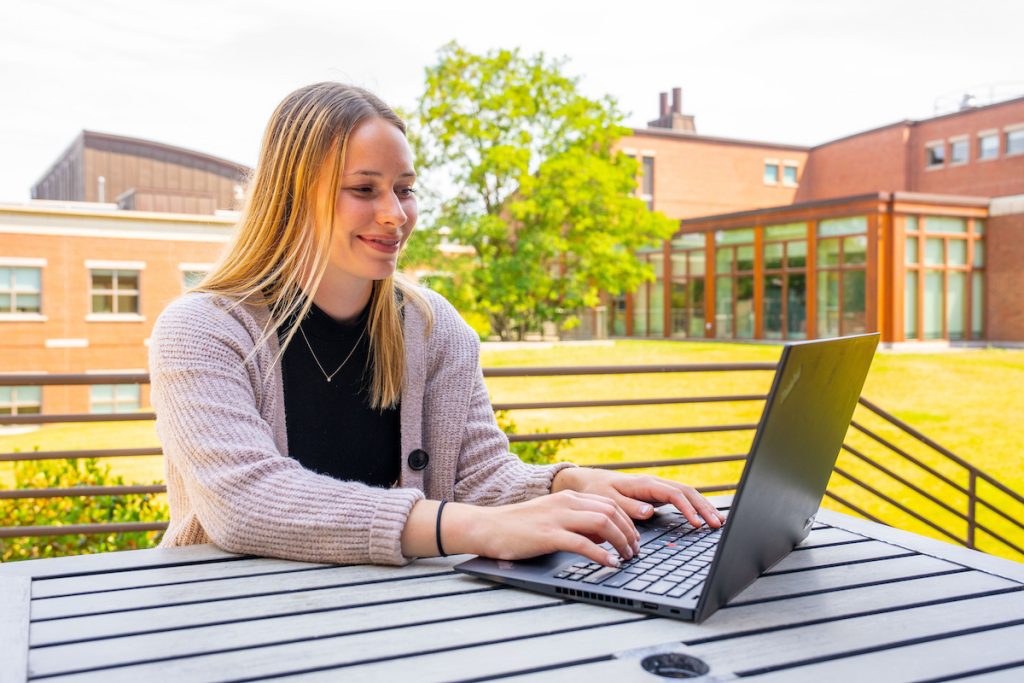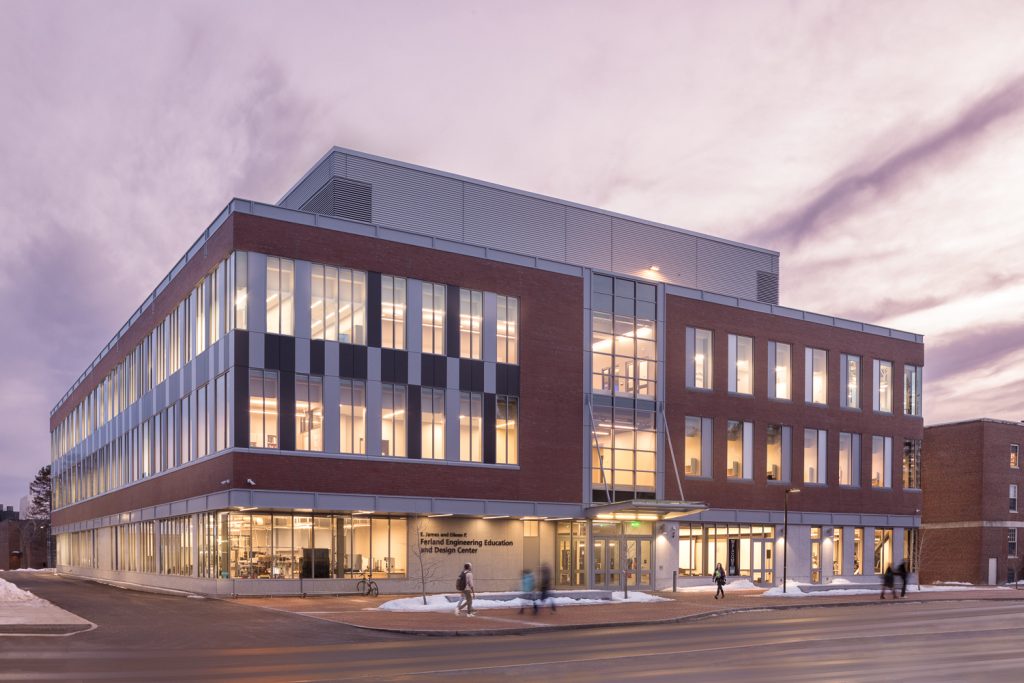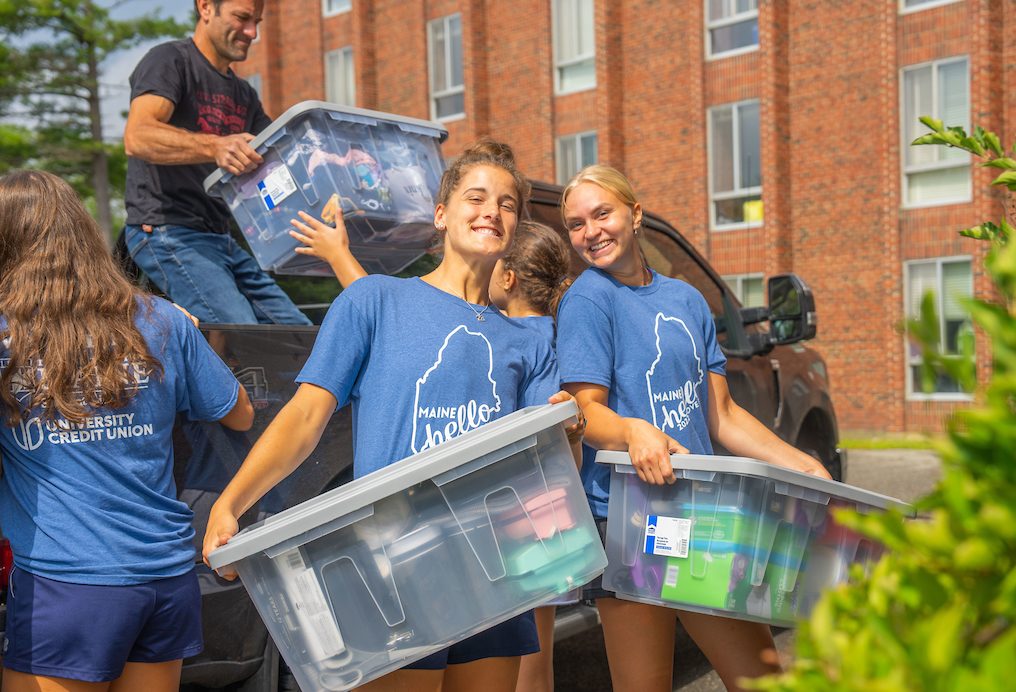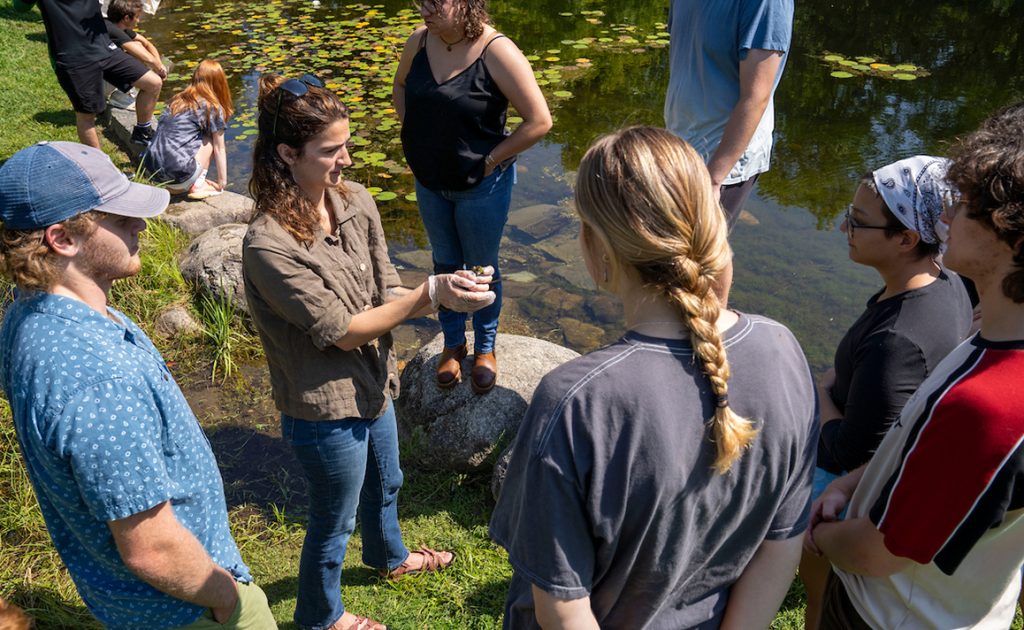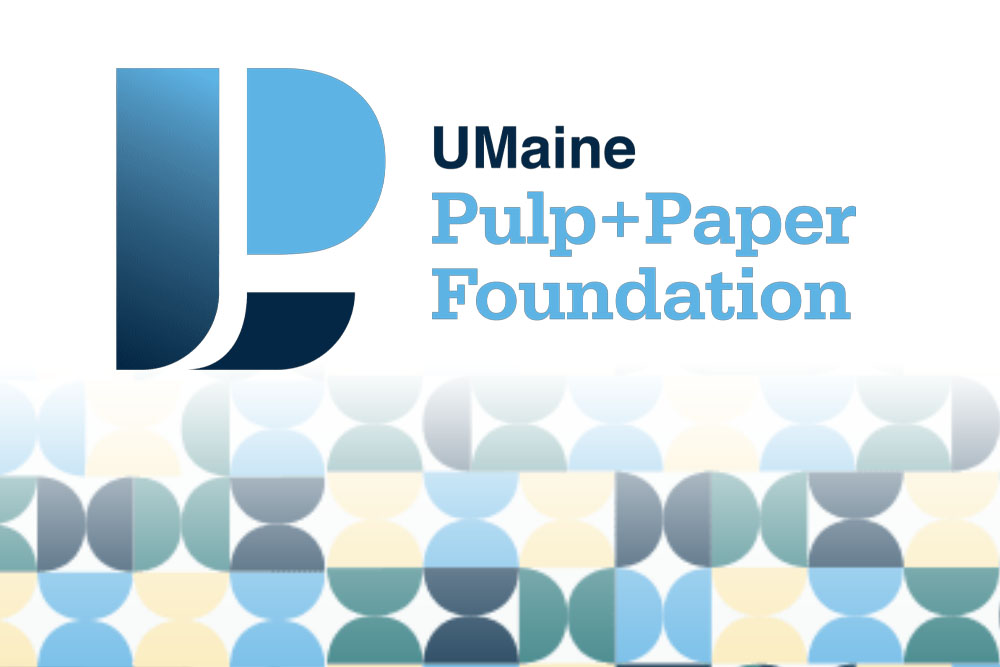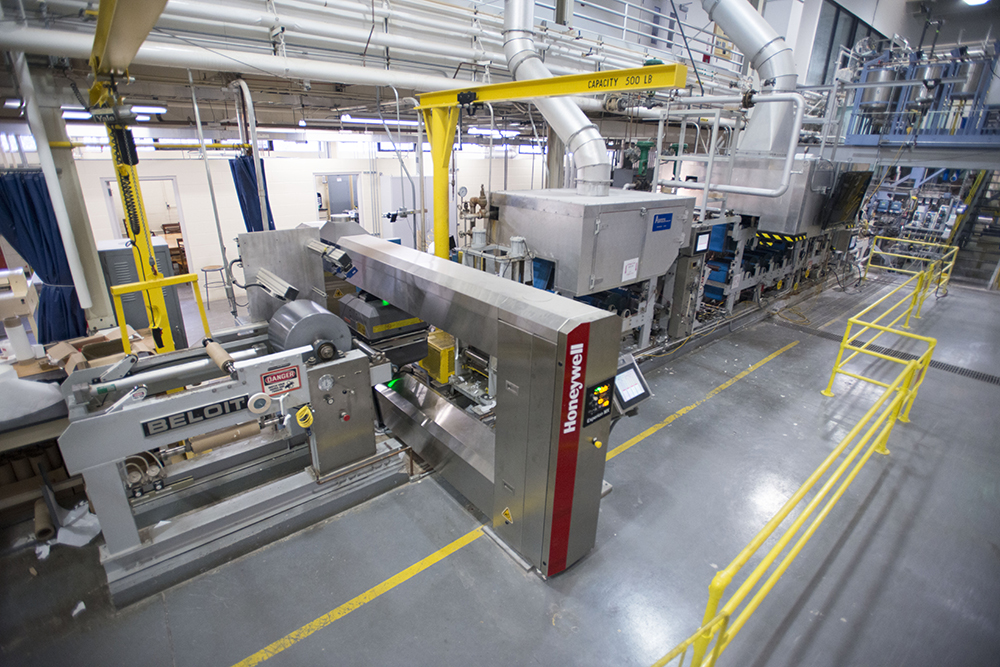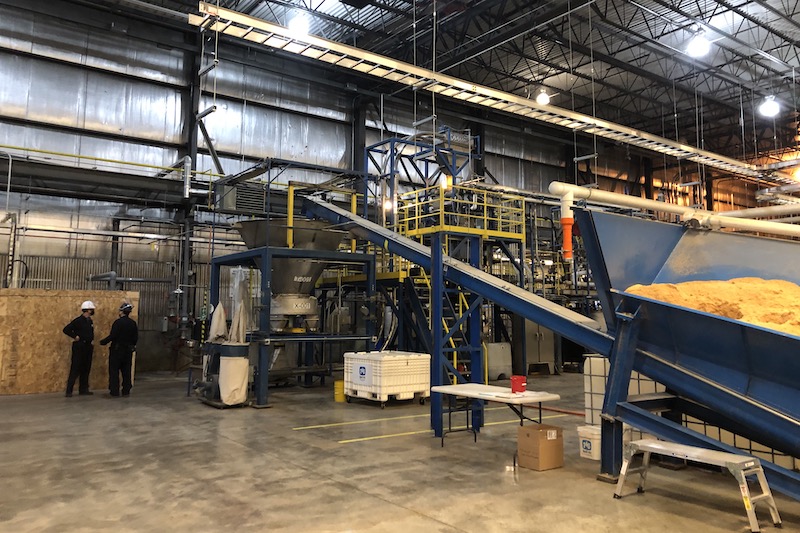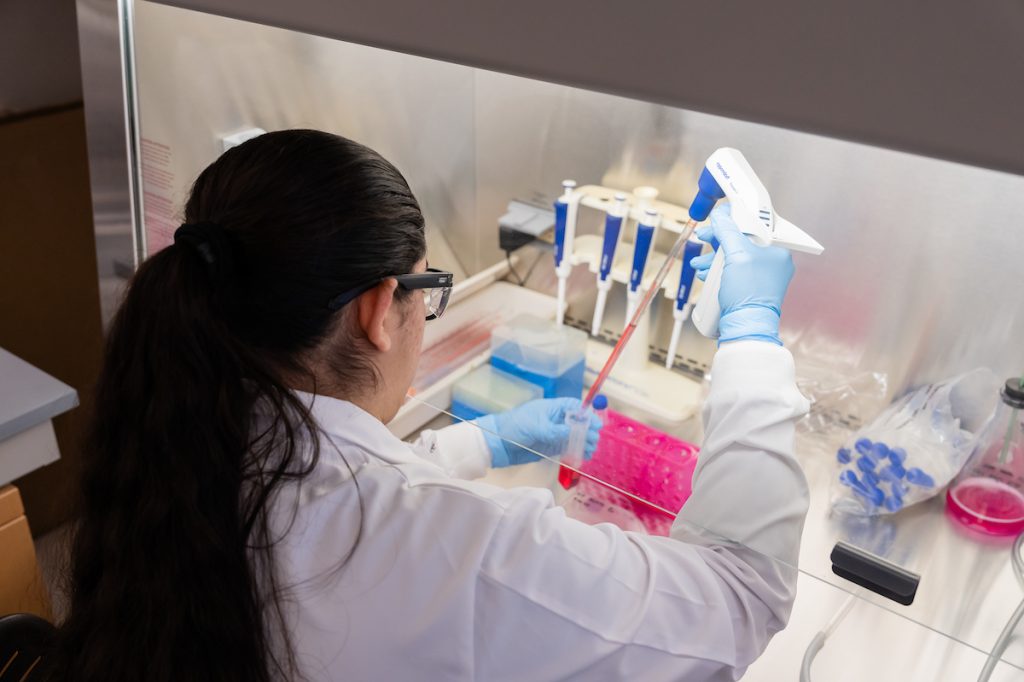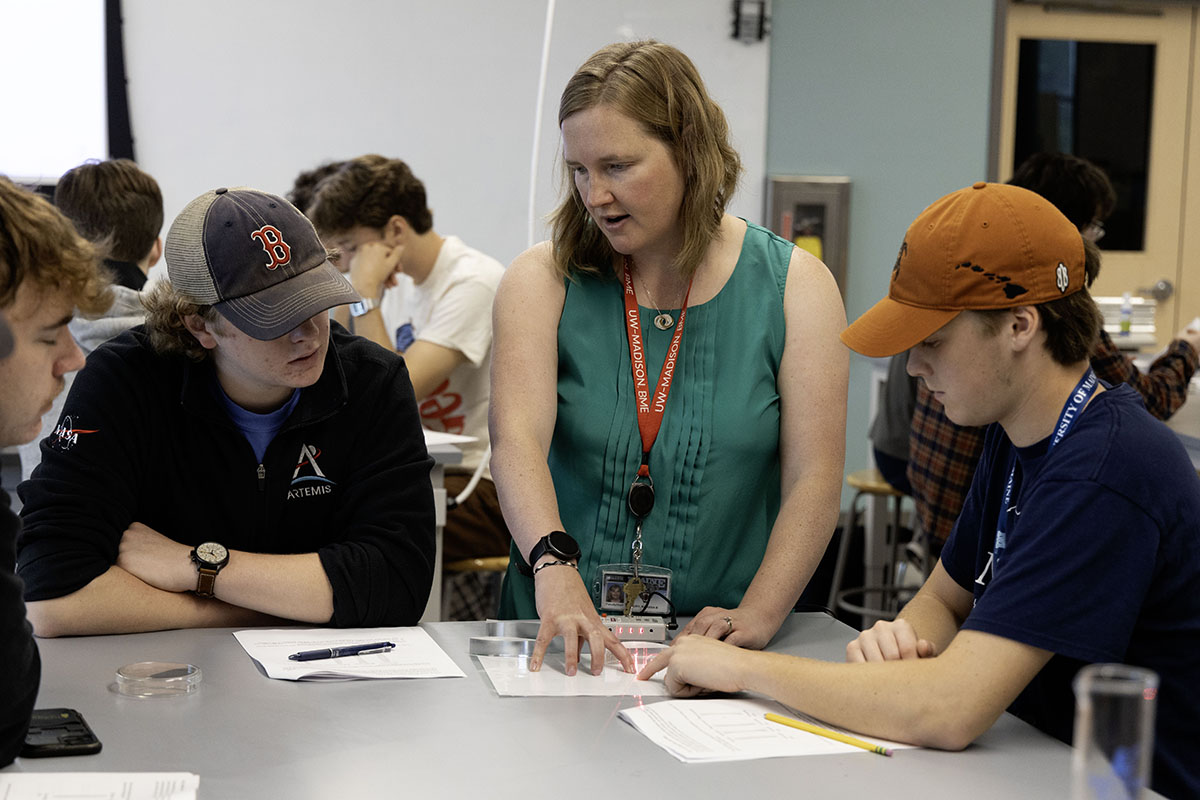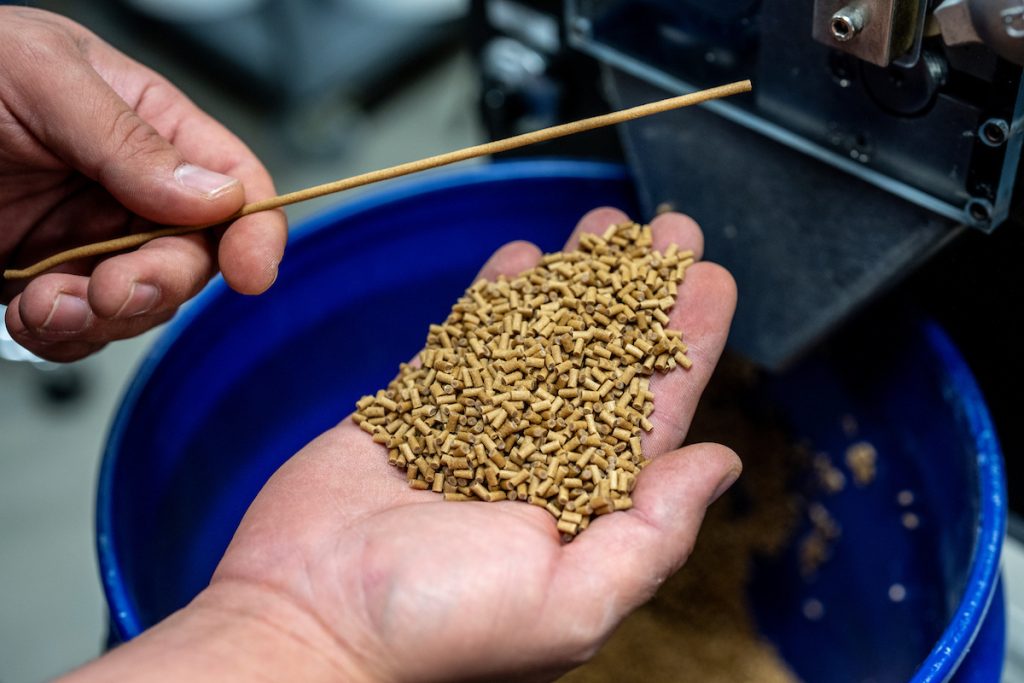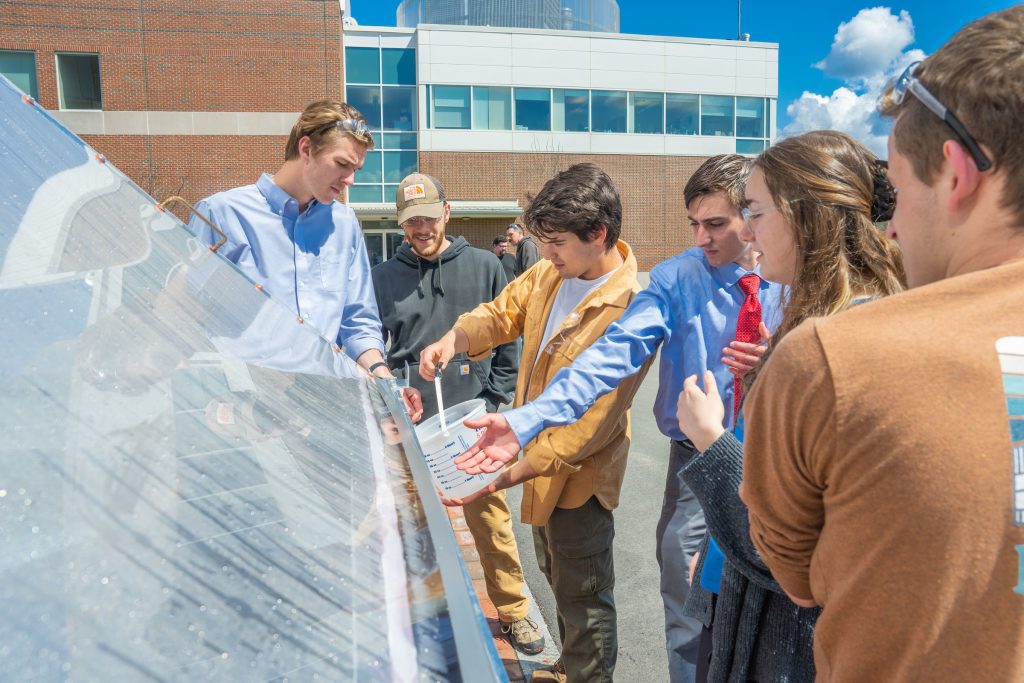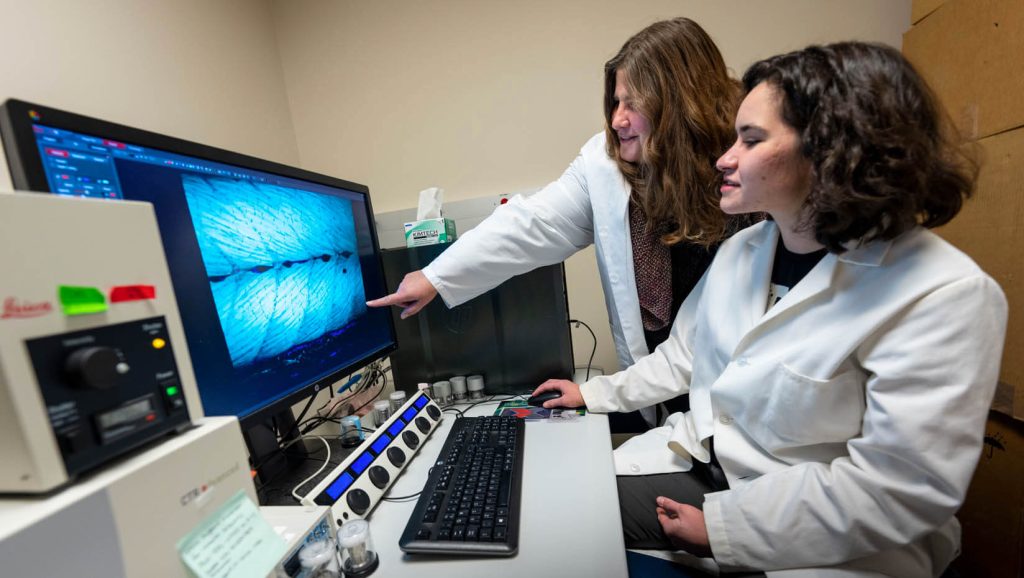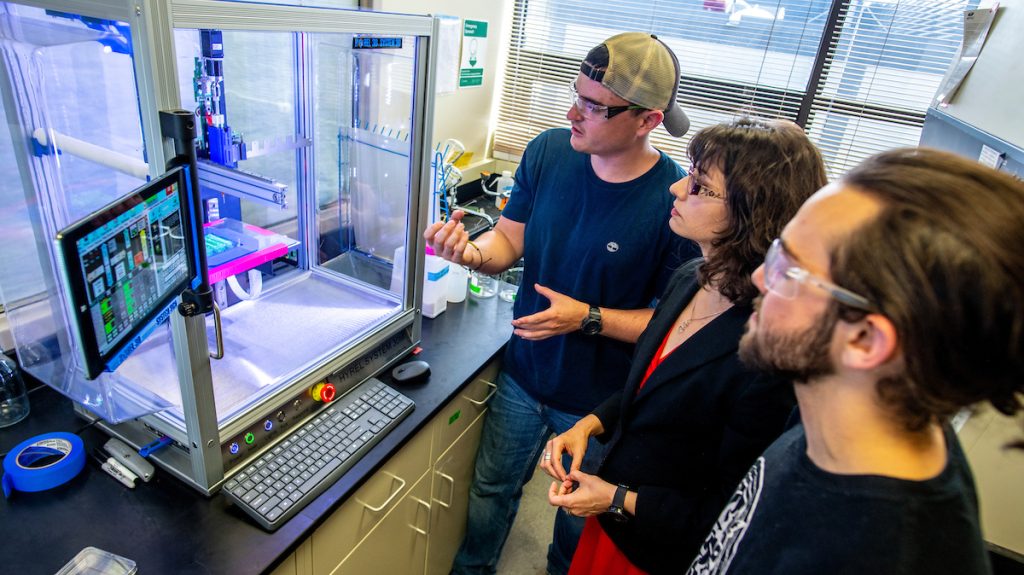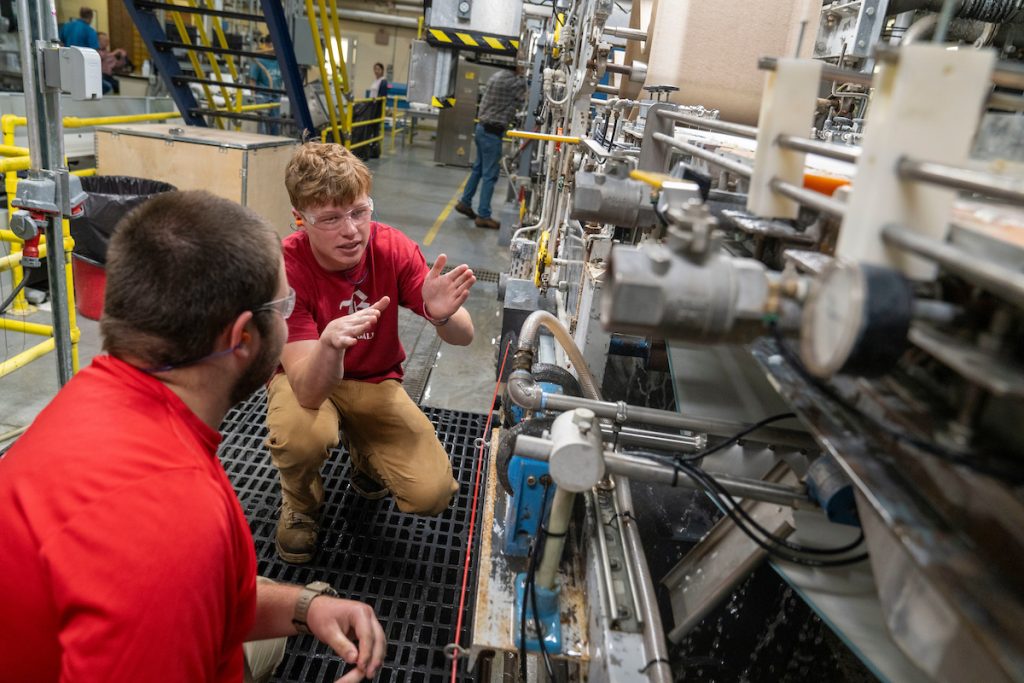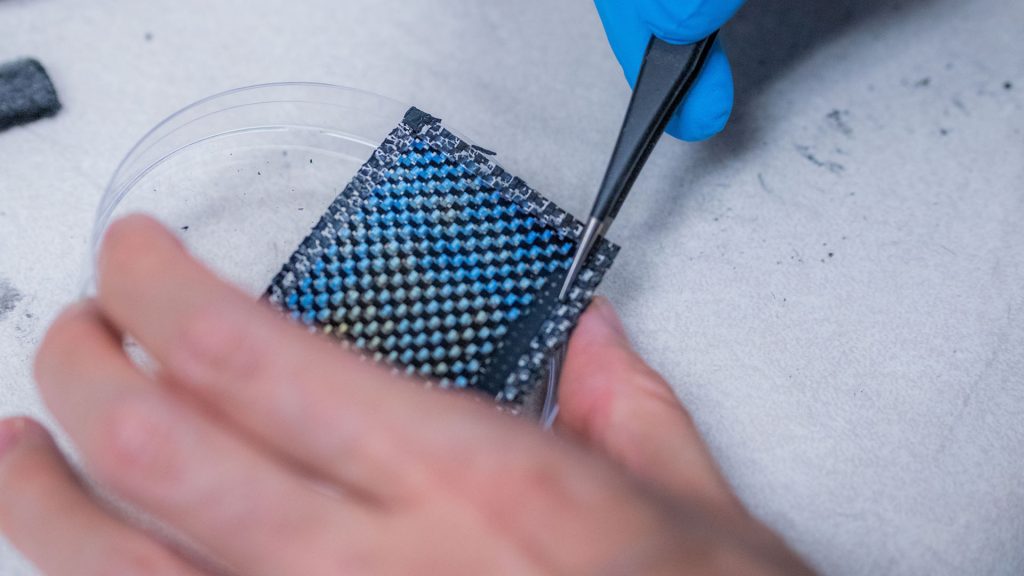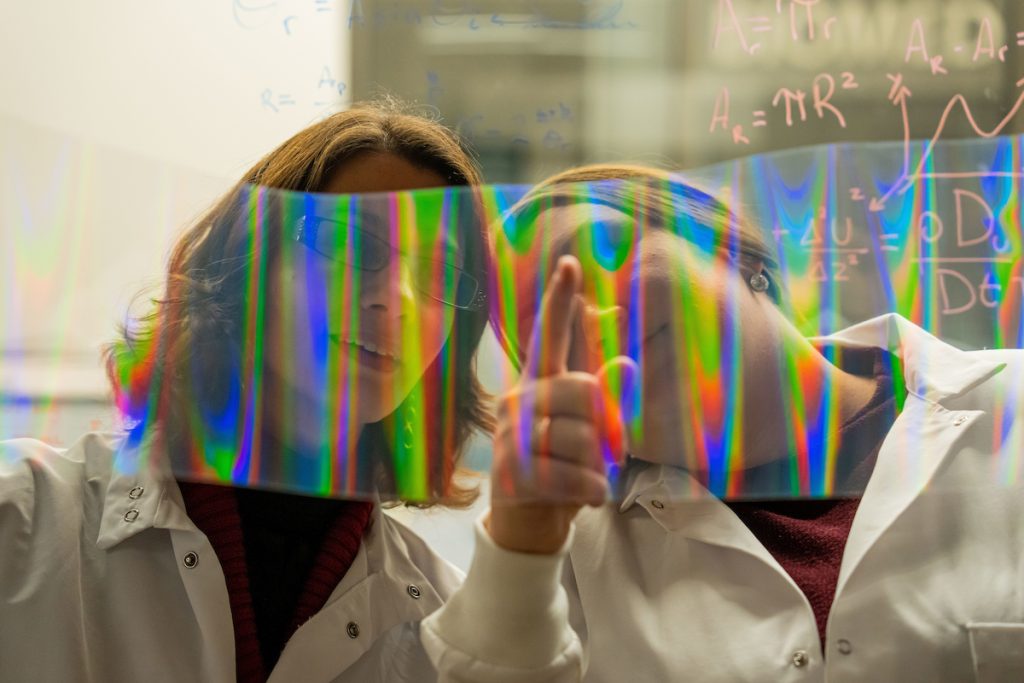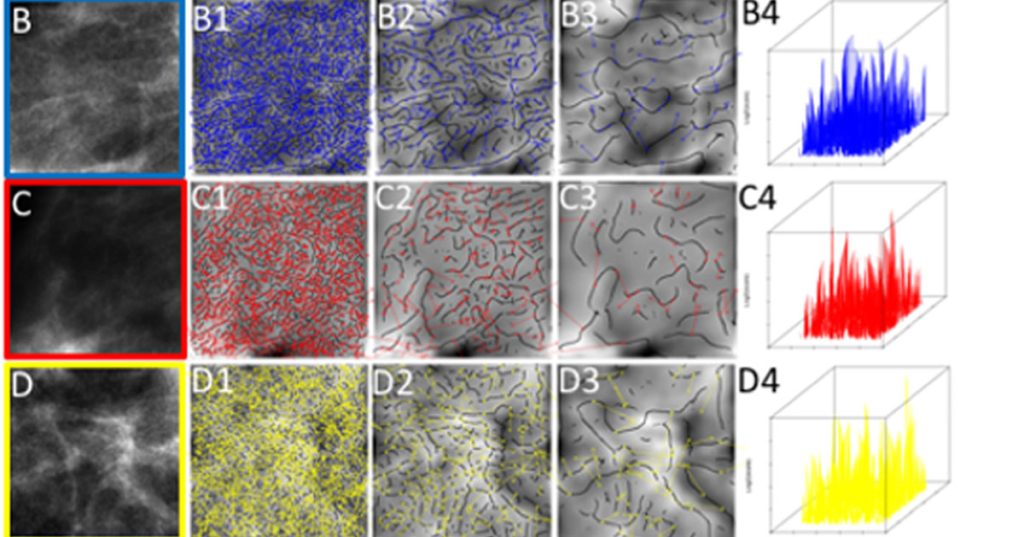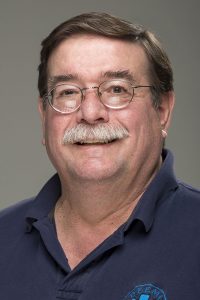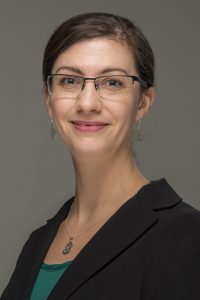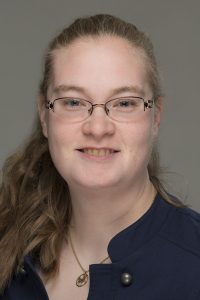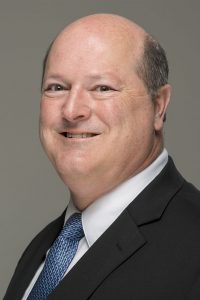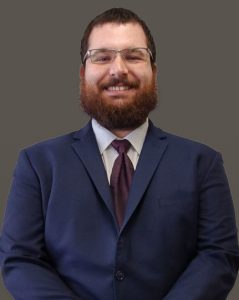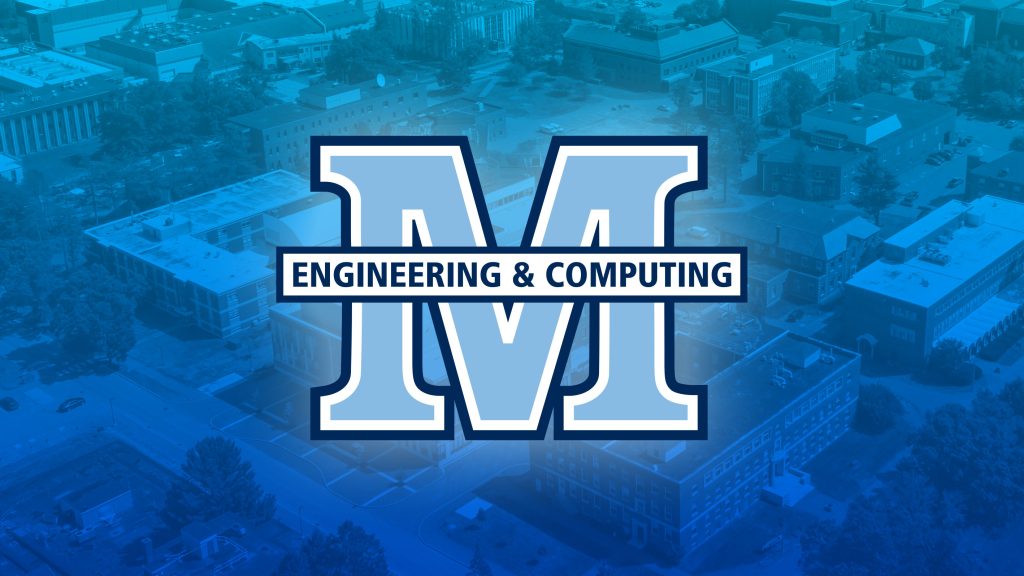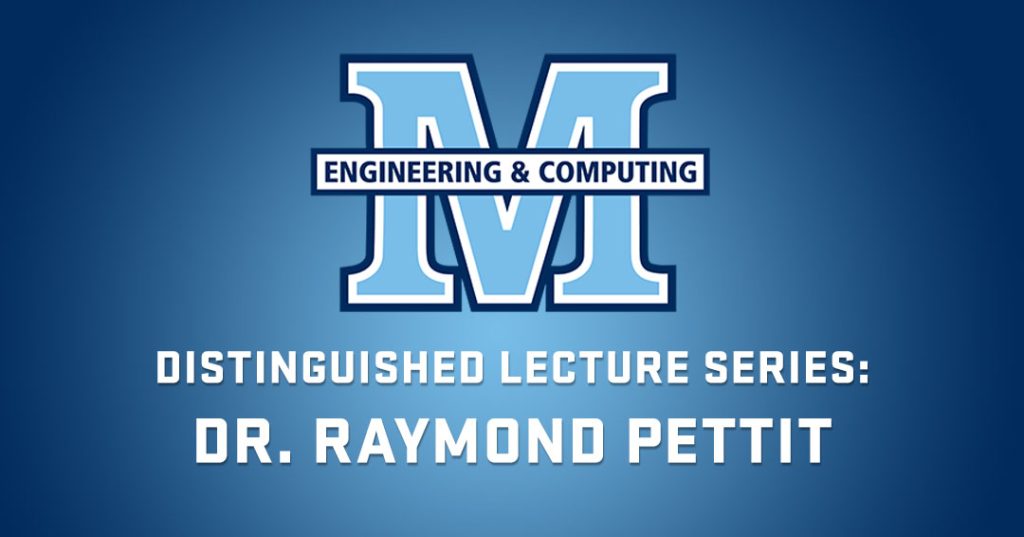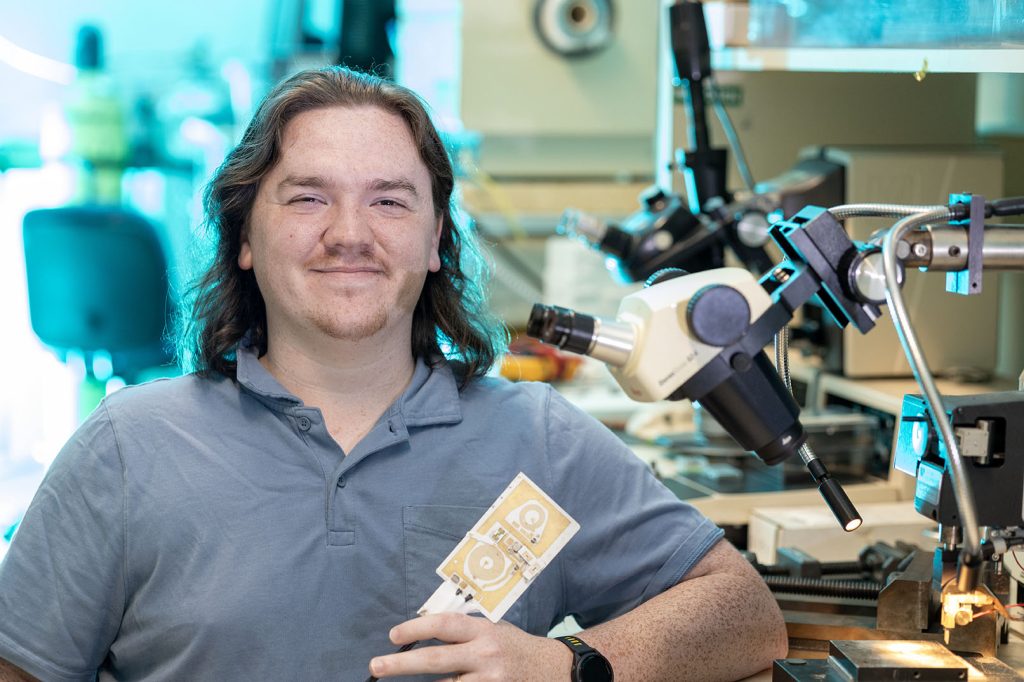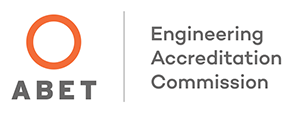Design, analyze, and manage processes that transform raw materials into everyday products like fuels, plastics, and pharmaceuticals. With hands-on projects, state-of-the-art techniques, and personalized mentoring, students gain the skills to solve real-world challenges and make a meaningful impact.
Chemical Engineering Overview
The University of Maine’s Chemical Engineering program prepares students for dynamic careers by combining a strong foundation in mathematics, physics, and chemistry with advanced studies in engineering principles. Students learn to design, operate, and manage chemical processing systems to produce essential products such as fuels, semiconductors, and pharmaceuticals that improve everyday life.
The program emphasizes real-world problem-solving through laboratory work, design projects, and collaborative research opportunities. With small class sizes, personalized academic advising, and access to cutting-edge technology, students receive individual attention and hands-on experience. Through UMaine’s cooperative work experience program, students gain paid, practical training with industry leaders.
Graduates are equipped to succeed in diverse fields including engineering, business, and healthcare. The program also meets prerequisites for professional pathways such as medical and veterinary school. With opportunities to work on groundbreaking projects like biofuel development, cancer imaging technologies, and molecular biosensors, UMaine chemical engineering students are empowered to drive innovation and transform industries.
Programs Offered
Undergraduate Level
UMaine Course Catalog, Overview of Degree Requirements.
Graduate Degrees
Chemical Engineering Curriculum
Download: Pdf
Incoming Student Information
Chemical Engineering
Graduate Programs
Explore graduate programs in Chemical Engineering, where innovation meets real-world impact. Gain advanced knowledge and hands-on experience to tackle global challenges in energy, healthcare, and sustainability. Join a community of forward-thinking engineers shaping the future.
Biomedical & CHEMICAL Engineering Research
The Biomedical & Chemical Engineering Department provides opportunities for undergraduate and graduate students for research in a wide variety of areas. Explore each area and associated faculty members.

Biomass Processing & Biorefining
Conversion of biological materials into energy, chemicals, and materials for sustainable solutions.
Faculty: Schwartz, van Walsum, Wheeler
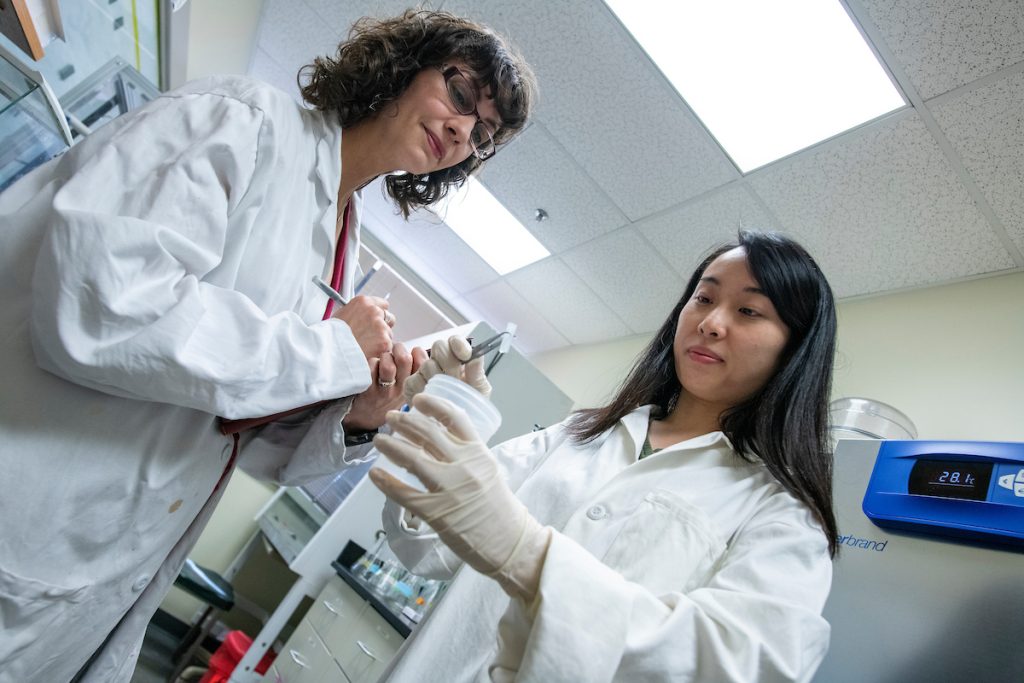
Environmental Science & Engineering
Application of engineering to solve environmental challenges and promote sustainability.
Faculty: DeSisto, Schwartz, van Walsum, Wujcik
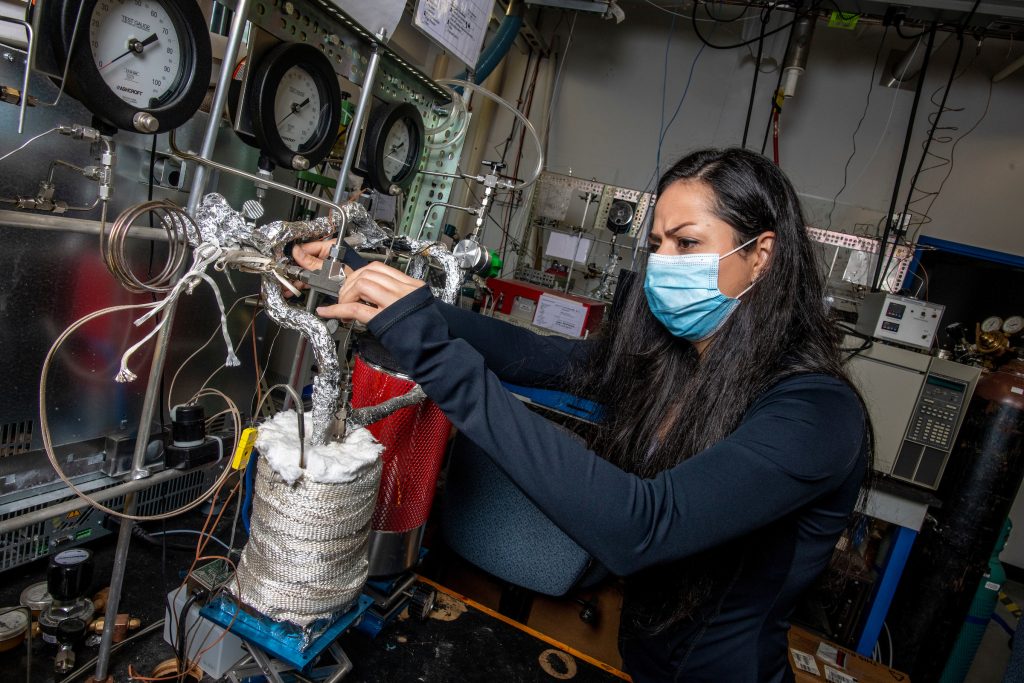
Catalysis & Reaction Engineering
Design and study of catalysts to enhance chemical reactions for industrial processes.
Faculty: Schwartz, van Walsum, Wheeler
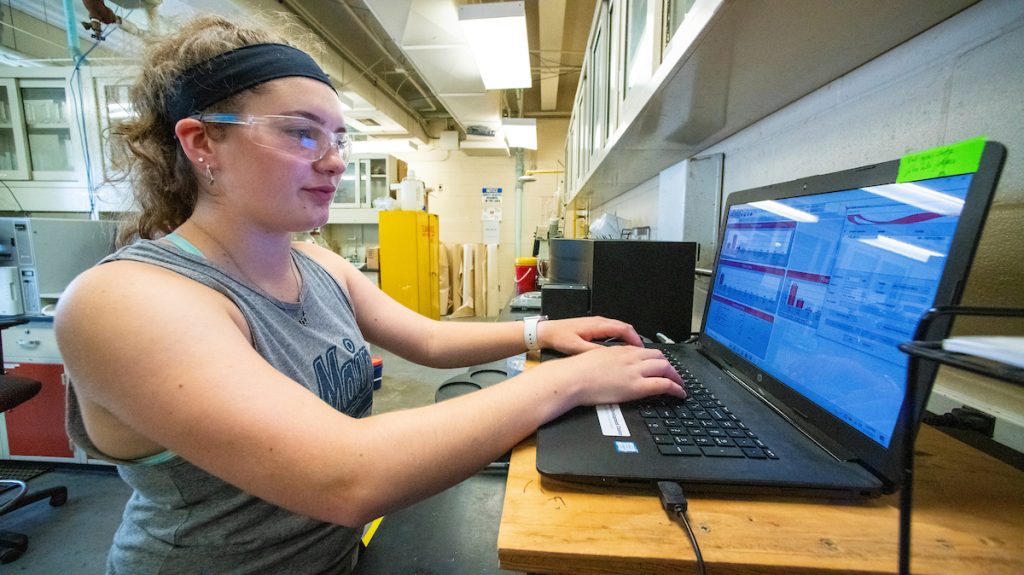
Process Simulation, Economics, and Life Cycle Analysis
Modeling processes to optimize design, cost, and environmental impact.
Faculty: van Walsum, Wheeler
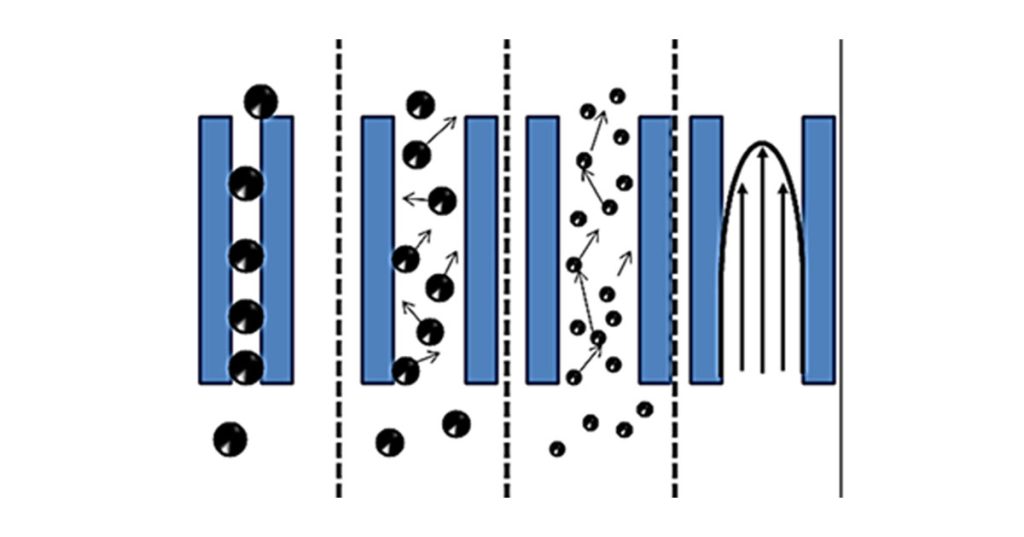
Transport Phenomena & Separation
The analysis of mass, energy, and momentum transfer in systems, focusing on separation techniques and fluid behavior in engineering processes.
Faculty: Bousfield, Mason, van Walsum, Wujcik
Our Faculty & Staff
At MCEC, our faculty is the heartbeat of our academic community. Dedicated, inspiring, and deeply knowledgeable, our professors go beyond the traditional classroom experience to foster real-world skills and a passion for learning. Whether mentoring, leading innovative research, or providing personalized support, our faculty members are committed to empowering students to achieve their highest potential
Robert Bowie
Douglas Bousfield
William Desisto
Sampath Gunukula
Caitlin Howell
Andre Khalil
Michael Mason
Thomas Schwartz
Karissa Tilbury
Gerard Van Walsum
Sara Walton
Lisa Weeks
Clay Wheeler
Evan Wujcik
Cathy Dunn
Nathan Gendreau
Raymond Kennard
Angel Hildreth
David Neivandt
Heather LeClerc
Department Contact Information
Chemical & Biomedical Engineering
Peter Van Walsum
peter.vanwalsum@maine.edu
Department Chair
Cathy Dunn
cdunn@maine.edu
Administrative Specialist
Jenness Hall, Room 117
Orono, ME 04469-5737
Tel: 207-581-2277
MCEC NEWS

